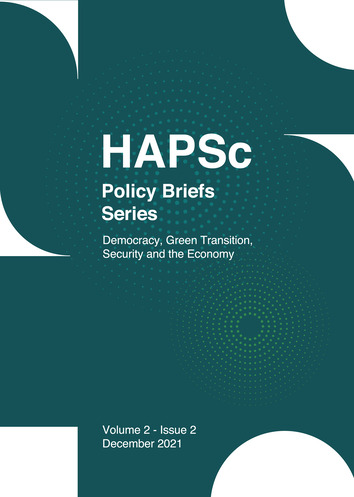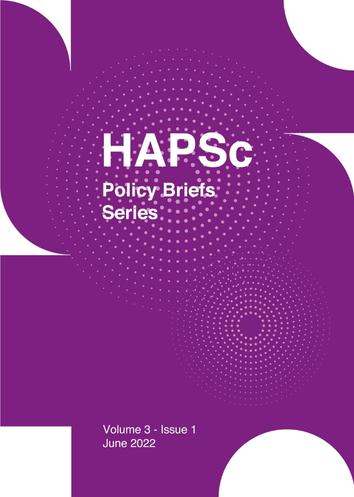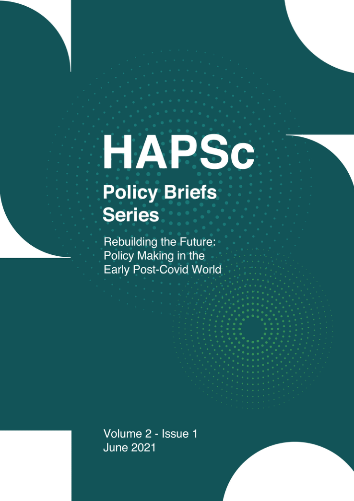A Brief Analysis of the Ordoliberal Impact on the Debt Crisis in Greece
Résumé
The last decade Greece has experienced a multidimensional crisis and its consequences are still evident. Several scholars have already analyzed the effects of the crisis and have provided useful outcomes, assessing its causes, policies and consequences. This study emphasizes on some factors that have not been thoroughly analyzed. Therefore, aspects of the impact of ordoliberal directions on the formulation of the debt crisis management policies in Greece as well as the social and economic implications are studied. The main objective is to examine the role of ordoliberalism at policy making and the economic and social implications through the brief analysis of quantitative (secondary) and qualitative (primary) data in order to produce empirically grounded policy proposals in order to effectively advance the goals set for Social Europe through the convergence of the European periphery.
Article Details
- Comment citer
-
Tzagkarakis, S. I. (2021). A Brief Analysis of the Ordoliberal Impact on the Debt Crisis in Greece. HAPSc Policy Briefs Series, 2(2), 102–110. https://doi.org/10.12681/hapscpbs.29497
- Rubrique
- Articles

Ce travail est disponible sous la licence Creative Commons Attribution 4.0 International .
Authors retain copyright and grant the journal right of first publication with the work simultaneously licensed under a Creative Commons Attribution License that allows others to share the work with an acknowledgement of the work's authorship and initial publication in this journal.





